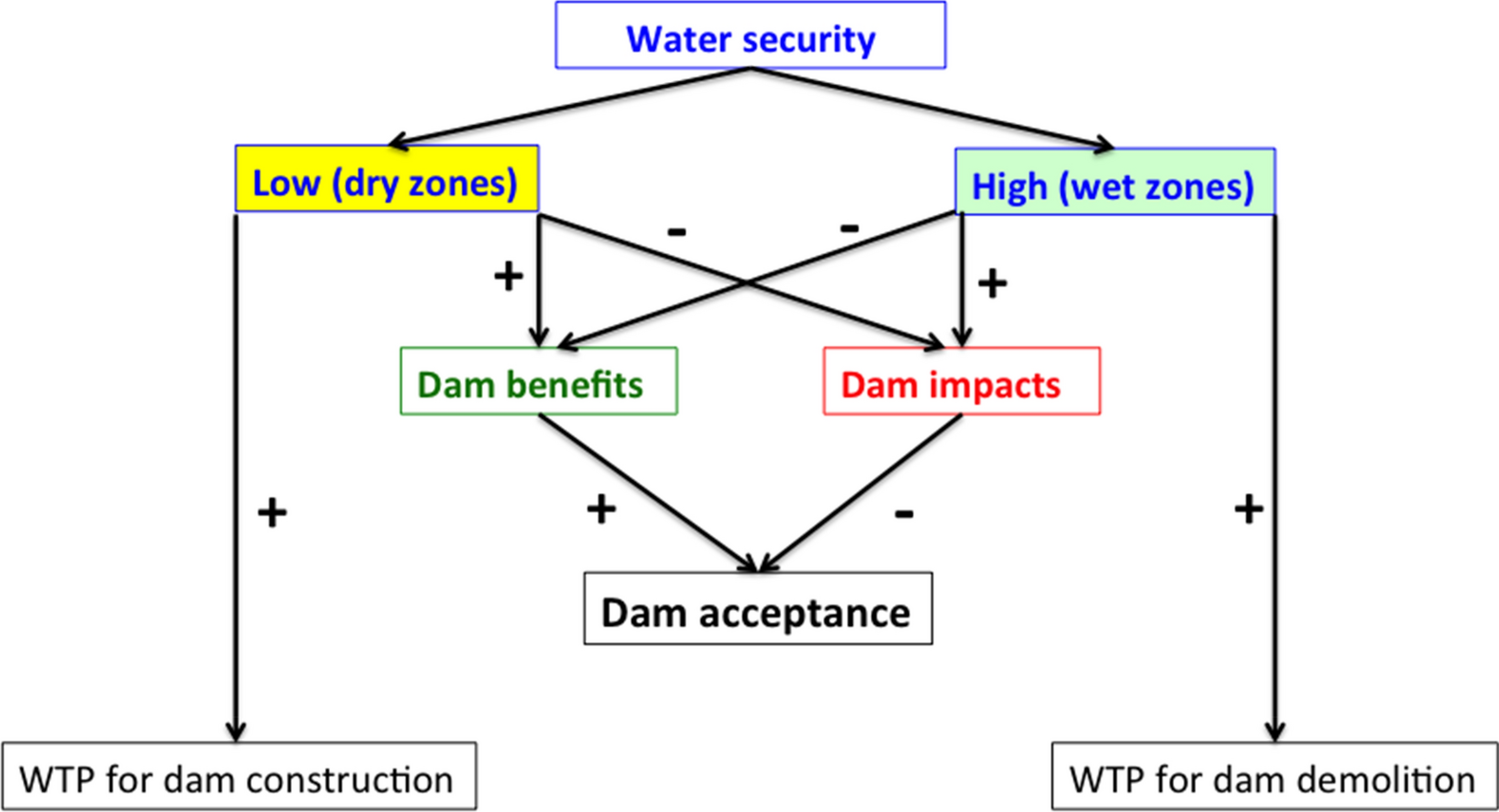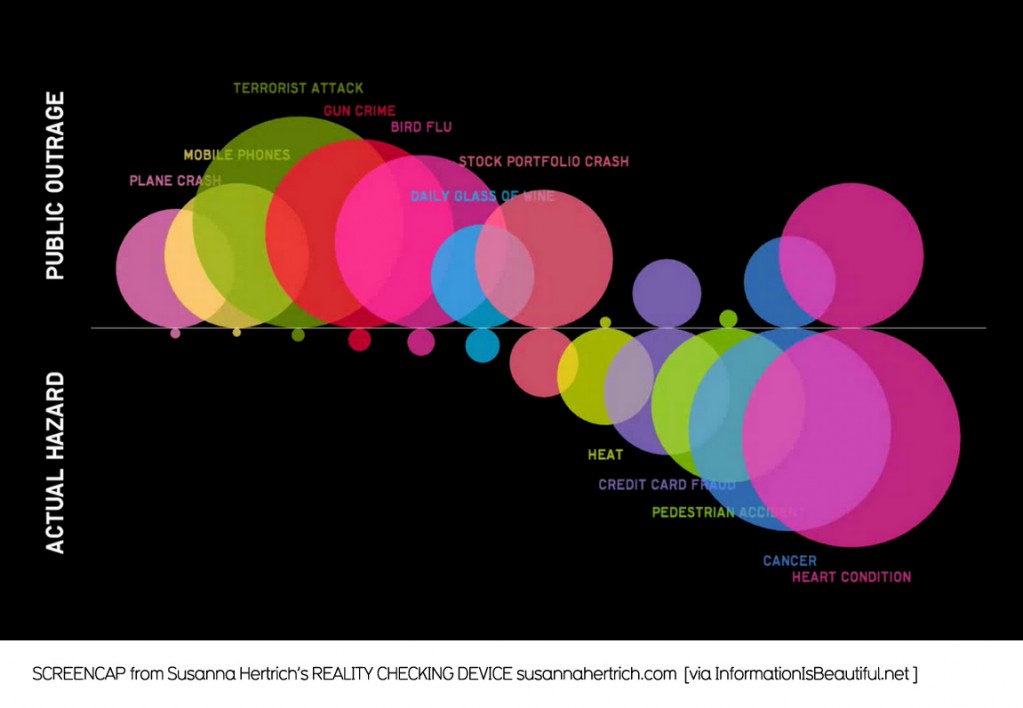The social construction of environmental problems refers to the way in which society shapes and defines what is considered an environmental problem, as well as the solutions to those problems. This concept suggests that environmental problems are not inherent or universal, but rather they are constructed and defined by the values, beliefs, and practices of the society in which they occur.
One way in which environmental problems are socially constructed is through the process of framing. Framing refers to the way in which issues are presented and understood by the public, and it can have a significant impact on how environmental problems are perceived and addressed. For example, a problem may be framed as a technical issue that requires a scientific or technological solution, or it may be framed as a social or political issue that requires changes in laws or policies. The way in which a problem is framed can influence the actions that are taken to address it, and can also shape the public's understanding and perception of the problem.
Another way in which environmental problems are socially constructed is through the power dynamics that shape how problems are identified and addressed. This includes the influence of various stakeholders, such as government agencies, corporations, and advocacy groups, in shaping the definitions and solutions to environmental problems. These stakeholders often have different values and interests, and their perspectives can shape the way in which environmental problems are understood and addressed.
Additionally, the social construction of environmental problems can be influenced by cultural and historical factors. Different societies and cultures may have different values and beliefs about the natural world, and these values can shape the way in which environmental problems are understood and addressed. For example, some cultures may place a greater value on preserving natural resources for future generations, while others may prioritize economic development and the needs of the present.
In conclusion, the social construction of environmental problems refers to the way in which society shapes and defines what is considered an environmental problem, as well as the solutions to those problems. This concept highlights the role of framing, power dynamics, and cultural and historical factors in shaping the understanding and addressing of environmental problems. Understanding the social construction of environmental problems can help to identify and address the root causes of these problems, and can also inform more effective and sustainable solutions.






